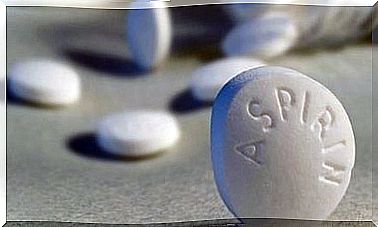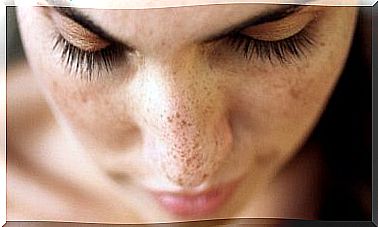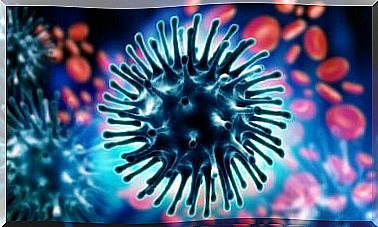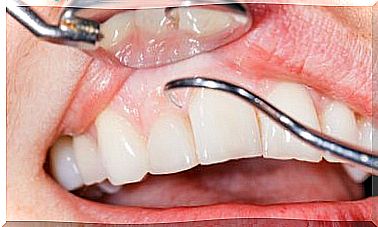How To Overcome Dry Binge Syndrome?
In cases in which people who have abandoned their addiction to alcoholic beverages continue to show behaviors similar to those they had when the substance was consumed, we are in the presence of dry drunken syndrome.
It is common to see friends and family surprised because a person does not improve their behavior despite having stopped drinking. In this sense, the best explanation that can be given to this phenomenon is that those who have been rehabilitated have not actually managed to abandon the mental schemes of a consumer.
To explain it better; When an addict stops using a substance, he must change certain maladaptive thought patterns. If this does not happen, we can point out that the recovery is partial.
What are the symptoms of dry binge syndrome?
People who are free from alcohol tend to think that they have fully recovered from addiction. But the reality is that it is not that simple.
One of the main symptoms of dry binge syndrome is emotional immaturity. Generally, people do not act according to their chronological age.
Infantism occurs when an adult has behaviors from an earlier developmental stage. For example, men in their 30s and their priorities are still very similar to when they were teenagers. In this sense, emotional immaturity and childishness go hand in hand, although they are different.
We understand by emotional immaturity the difficulty or impossibility of managing one’s own emotions. People with a low tolerance for frustration think that everything is allowed. When they can’t have something the way they want they get irritated.
In the same vein, the most relevant sign of this syndrome is egocentricity . Many addicts who have managed to stop using develop a fantasy in which they are superior to the rest, because of having achieved a feat that would involve eating and admiration.

Why happens?
The cause of the dry drunk syndrome is the deficiency in the rehabilitation process. That is, it is often thought that a rehabilitation is effective when the addict abandons consumption, but in reality there are other factors that must be taken into account.
The way of thinking of an addict is compulsive. This implies that, regardless of the fact that there is no consumption of the substance, it will continue with specific behavior patterns. In general terms, those with the syndrome do not need alcohol consumption to be irresponsible in an irrational way.
In summary, we can summarize the causes in the collective ignorance about addictions. Certainly, thinking that an addiction is based solely on drinking prevents people from seeking professional help when they stop drinking on their own.
Tips to overcome dry binge syndrome
Understanding that alcohol addiction goes beyond drinking, we can access a complete rehabilitation that keeps us away from consumption and that also promotes a change in behavior. Let’s see how it is.
1. Focus on changing from thought
The real change always comes from the way you think. When we are able to modify maladaptive thinking patterns, behavior is also collaterally modified.
So the priority must be to shape thoughts towards an ideology of social adaptation.
2. Accept that improvement is not quick
Having unrealizable expectations complicates the process of improvement. It is advisable to understand that the changes are medium and long-term projects. In this way, anxiety is dissipated and small achievements are better valued.
Pretending that when you stop drinking the problems will be over is a simplistic idea.
3. Seek professional help
For the rehabilitation to be effective it will be necessary to go to a specialist. Fundamentally a psychologist, who is the one who should provide the necessary tools so that the change in thought patterns take place and are maintained over time.
How can I help someone with dry binge syndrome?
The best way to support someone with dry drunk syndrome is by showing them that their problems continue to affect their life. In some cases, the task of making him accept your situation is not easy; resistances to reality are strong.
In people who have stopped drinking there is usually a more intense denial process than in those who still continue to drink. In this sense, aid should not be tried in a forceful way. The most effective is usually psychoeducation in the importance of changing old habits .
Progressively, an approach that builds trust with the person should be attempted. Always avoiding making value judgments about his life and his decisions. The objective is to promote an effective change that involves you as a protagonist. Hence, psychological care may be required. .

Can people with this syndrome resume drinking?
The answer is yes. The dry drunken syndrome is a fiction in which the person believes that he is rehabilitated. Therefore, relapse into drinking is possible.
However, it does not usually happen that those who have withdrawn from consumption return to it with the same frequency. It is very likely that these are minor and sporadic recurrences.
What prevents a return to addiction? In this case, the sense of control and security that those who stop drinking have achieved becomes the new substance that has replaced the effects of alcohol. The addiction remains, but it is no longer because of the drink, but because of the control.








